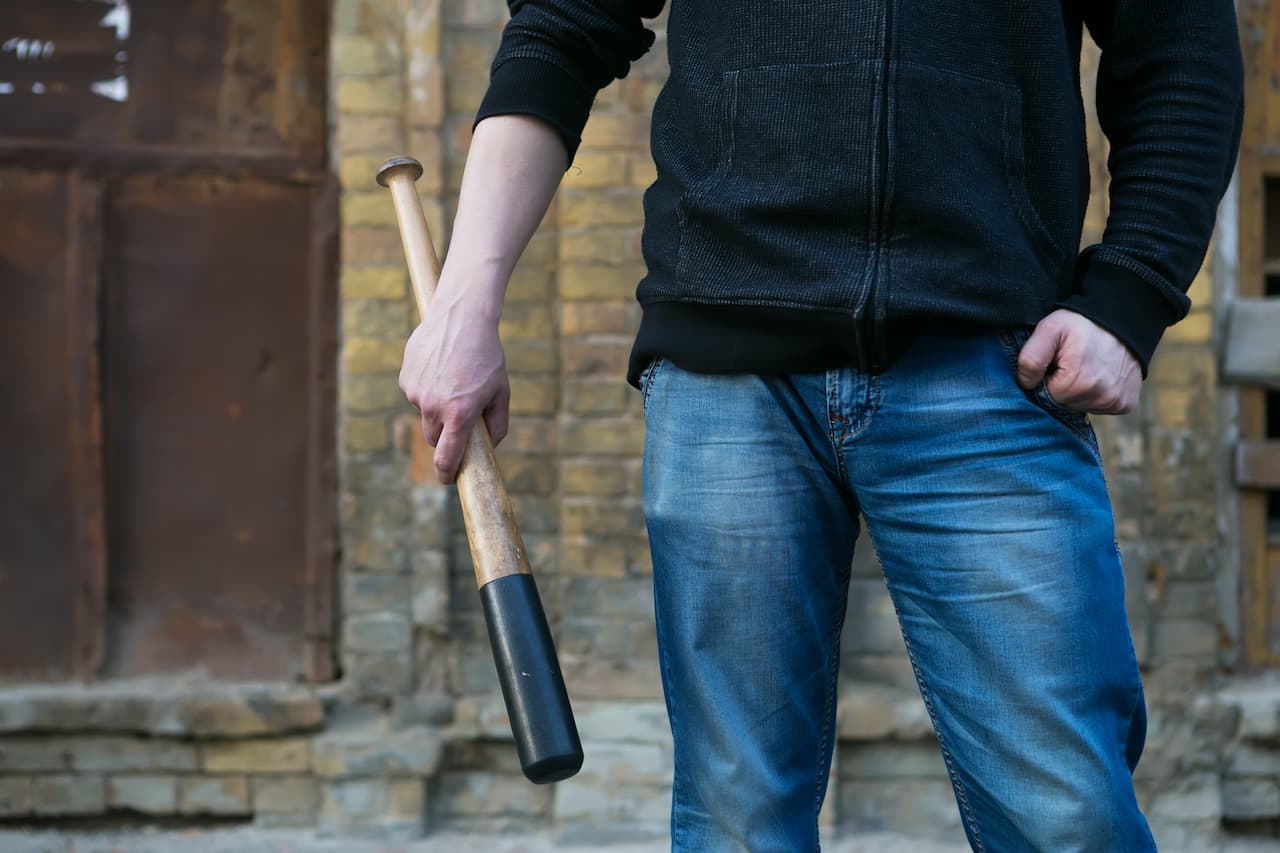What Is Assault in Arizona?
A person commits assault by intentionally, knowingly, or recklessly causing physical injury to another person; intentionally placing another person in reasonable apprehension of imminent physical injury; or knowingly touching another person with the intent to injure, insult or provoke such person.
There are two types of assault according to Arizona Law:
- Simple Assault (Misdemeanor);
- Aggravated Assault (Felony).
The difference lies in the severity of the crime.
It is important to note that you can be charged with simple assault even if no harm comes to the person alleged to have been assaulted. Even though many cases of assault involve physical injury, the prosecution need not prove that an injury actually occurred.
Additionally, intention plays an important role in simple assault cases. If a person intentionally assaults another person, and an injury occurs, their assault charge will be categorized as a Class 1 misdemeanor.
However, if the assault is a physical attack that leads to an injury that occurred due to a reckless act and without intention, the criminal charge will be categorized as a Class 2 misdemeanor.In the event that an assault occurs without causing an injury, the criminal charge will be considered to be a Class 3 misdemeanor, which is the lowest level of assault in the state of Arizona.








